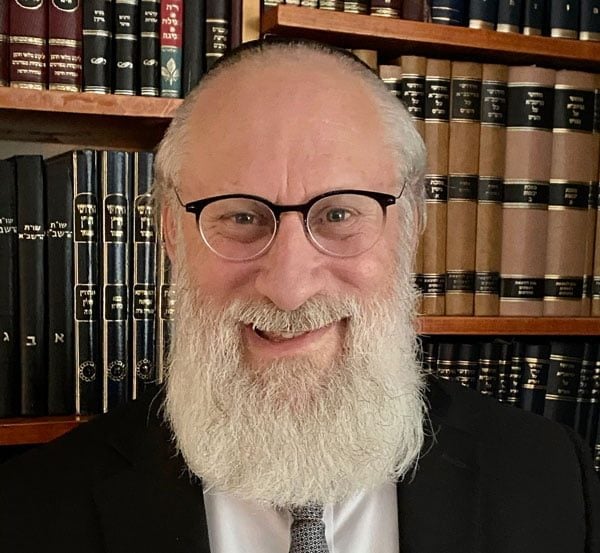Ask the Rabbi: Shalom Aleichem: Peace Unto You

Dear Rabbi,
I have noticed that when some Jews meet each other they greet one another with the phrase Shalom Aleichem. What is the meaning of that phrase, and why is it the greeting Jews use?
Jonah
Dear Jonah,
That phrase means “peace unto you” and has been the traditional Jewish greeting for thousands of years, as we find in various places in the Tanach/Bible. (Interestingly, it’s been adopted in Arabic as well as the traditional Arabic greeting of Salaam Aleikum).
The word “Aleichem” is actually in the plural, although one is only addressing an individual, as the plural reference in Hebrew is used as an expression of respect. This is a fulfillment of the rabbinic injunction to always receive another with warmth and respect.
This greeting of Shalom Aleichem, or the shorter version of Shalom, is truly much more than just a greeting. It is a blessing that peace should be upon the other. Peace is considered the greatest blessing of all. The Talmud declares that peace is the “vessel that contains everything within it”. This means that the blessing of peace contains all other blessings within it; when one is not at peace it is difficult to feel or receive other blessings. For this reason, many prayers we recite end with the blessing of Shalom:
- In the Torah itself, the prayer/blessing recited by the Kohanim/Priests to bless the Jewish people, contain all physical and spiritual blessings, ends with the blessing of Shalom. (Numbers 6:22-26).
- The final blessing of the Amidah/silent prayer recited three times a day, ends with “Blessed are You, Hashem, Who blesses His people Israel with peace.”
- The Kaddish prayer, recited numerous times daily in our prayer services, concludes with: “May there be abundant peace from Heaven, and life, upon us and upon all Israel, now respond, amen. He who makes peace in His heights, may He make peace upon us and upon all Israel, let us respond amen.”
- Even the Mishna, the work comprising all of Jewish law, ends with the message that Shalom is the vessel which holds everything.
A deeper understanding of this is that Shalom is one of the Names of G-d. It is unique among the other Names in that it is not considered a Name of G-d when written, hence most authorities permit it to be erased. Only when uttered between two Jews, when a Jew wishes Shalom to another, the Name of G-d, the Shechina, rests between the two of them as a result of the peace between them. That is why the Temple was destroyed due to baseless hatred among Jews, when there is no Shalom between Jews there is no Shechina in Klal Yisrael, and no place for the Temple, the dwelling place for the Shechina.
A well-known story is told of a great scholar and sage, Rabbi I. Z. Meltzer, who was invited to Jerusalem from Europe to become the dean of a prestigious yeshiva in the early 1900s. As he was riding his donkey up from Motza, below Jerusalem, towards Jerusalem, a very prestigious group of leading rabbis rode down to meet and greet the sage, followed by many hundreds of Jerusalemites. When they met up, each rabbi greeted R’ Meltzer with the traditional Shalom Aleichem, which he returned warmly. When one rabbi, with a long, white beard, gave his Shalom Aleichem, R’ Meltzer subconsciously replied with the verse “There is no Shalom, says my G-d, to the wicked” (Isaiah 57:21). The rabbi was terribly embarrassed, and R’ Meltzer apologized profusely, not knowing what came over him to give such a response. This caused quite a buzz among the crowd, and an investigation was conducted of that rabbi, who later was discovered to be a hidden missionary! The Almighty, whose Name is Shalom, wouldn’t allow such a great sage to utter the blessing of Shalom upon a wicked man!




